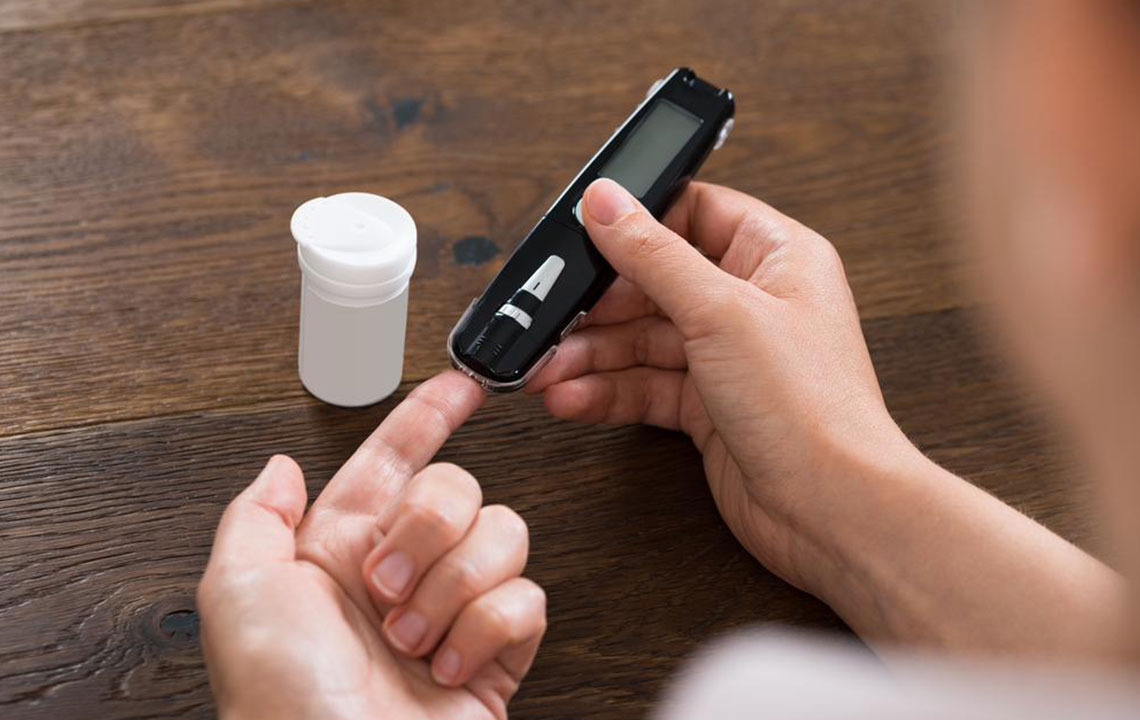Proven Strategies for Managing Blood Glucose Levels Effectively
Learn effective strategies for managing blood glucose levels through diet, exercise, medication, and lifestyle modifications. Essential tips help diabetics control blood sugar, prevent complications, and maintain overall health. Regular monitoring and professional guidance are emphasized for personalized management plans, ensuring safety and optimal blood sugar control.

Proven Strategies for Managing Blood Glucose Levels Effectively
Blood sugar regulation is primarily governed by insulin, a hormone produced by the pancreas. When you eat, your blood glucose naturally increases, prompting insulin release to facilitate glucose uptake. In those with impaired insulin function, blood sugar remains elevated longer, posing risks to organs, nerves, and eyesight if uncontrolled. Maintaining optimal blood sugar is vital for diabetics. Normally, fasting blood glucose is below 100 mg/dL, rising to around 140 mg/dL post-meal. Diabetics often experience fasting levels above 200 mg/dL.
How can blood sugar be effectively managed? Proper diet, regular exercise, and consistent blood monitoring are crucial. Several key tips include:
Nutrition
Carbohydrate control: Opt for healthy carbs like dairy, fruits, legumes, and whole grains. Limit refined carbs such as white bread, white rice, and candies to prevent spikes.
Balance carbs with fats and proteins
Eating carbs alongside healthy fats and proteins causes gradual sugar increases, aiding in better control. Include vegetables, whole grains, lean proteins like fish or tofu, and salads in your diet.
Protein-rich breakfast
Including 25-30 grams of protein in the morning helps stabilize blood sugar post-breakfast and post-lunch. Good sources include egg whites and reduced-fat cheese.
Portion control
Avoid large meals; instead, eat smaller, balanced portions with healthy snacks like nuts to keep blood sugar stable and support weight management.
Physical activity
Exercise enhances insulin function and glucose uptake. Pre-exercise blood sugar checks are essential; eat a snack if levels are low to prevent hypoglycemia.
Weight management
Maintaining a healthy weight through diet and exercise reduces blood sugar levels. Eat mindfully and avoid emotional or habitual overeating.
Alcohol moderation
Limit alcohol intake as it can lower blood sugar. Always check levels before drinking and before bedtime, and eat if levels drop too low.
Medication adherence
Consult a healthcare provider to determine suitable medications and follow prescribed schedules to maintain stable blood sugar.
Monitor carbohydrate intake
Read labels to track carbs and prevent unnecessary spikes in blood sugar levels.
Consistency in medication timing
Follow a regular schedule for medication and meals to maintain consistent blood sugar levels.
Managing blood sugar effectively requires ongoing effort, including dietary adjustments and lifestyle changes. Always seek medical advice to create a personalized plan for optimal health and prevention of complications.










